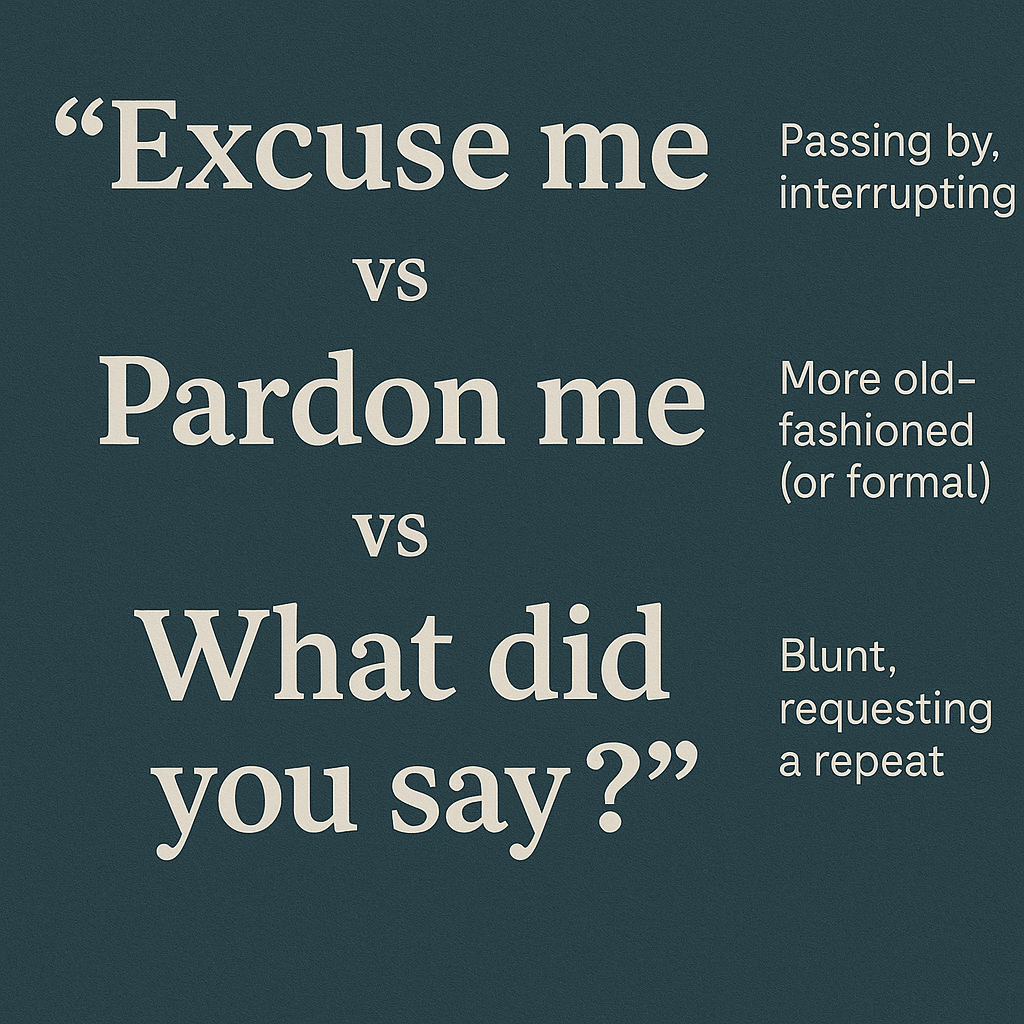Why German Grammar Is Always So Careful
The strange habit of saying “usually” — even when something is almost always true
In most language lessons, students expect clear rules.
They want to hear: “This is always true.”
But in German, teachers often say something else:
“Meistens benutzt man den Dativ.”
“Usually, we use the dative case.”
Even when the rule is correct 99% of the time — the sentence still begins with “meistens”.
Чому?
It’s not because the teacher is unsure.
It’s because German academic culture is cautious by design.
German grammar prefers precision over absolutes
In English, it’s common to say:
“This verb always takes an object.”
“You never say it that way.”
But in German:
“Man sagt das meistens so.”
“One usually says it that way.”
This doesn’t mean it’s wrong to be direct —
but it means the grammar tradition prefers accuracy over simplicity.
Even when a rule works 1000 times, German prefers to leave space for the exception.
This is not a flaw. It’s a feature.
Why is German grammar so cautious?
There are three reasons behind this tendency:
- Academic tradition
German linguistic teaching has long roots in philology і scientific methodology. It values precision, caution, and evidence. - Legal-cultural influence
German culture emphasizes responsibility, clarity, and accountability — especially in formal writing and education. - Respect for language diversity
Germany, Austria, Switzerland, and other German-speaking regions all have dialects and variations.
What’s true in Berlin may sound strange in Vienna — so teachers are careful with universal claims.
Meistens = honesty + flexibility
When teachers say “meistens”, they’re not weakening the rule —
they’re preparing you for the few cases where it might shift.
For students, this means:
- Learn the rule — but stay open.
- Expect patterns — but watch for nuance.
This is why real fluency in German means more than memorizing structures.
It means learning how to adapt, observeі think cautiously — just like the language itself.
In language, “certainty” is a teaching trap
Many textbooks give simplified rules to help beginners.
That’s helpful — at first.
But language is never mathematics.
And German, with all its logic, still lives in real conversations, regional habitsі pragmatic expression.
So don’t be surprised if your teacher says:
“Meistens sagt man das so.”
They’re not doubting the grammar.
They’re honoring its complexity.
Related articles from our blog:
- German Ends with -ung, But What Does It Mean?
- Üben ist nicht arbeiten — Why Practicing Is Not the Same as Working
- Pause ist nicht Stillstand — Why Rest Is Not the Same as Doing Nothing
- Stille vs Stil — When Silence and Style Sound the Same
Author’s Column — The Language I Live
Language. Identity. Choice. Meaning.
Tymur Levitin — founder, teacher, and translator
🔗 Виберіть свою мову
© Тимур Левітін






















